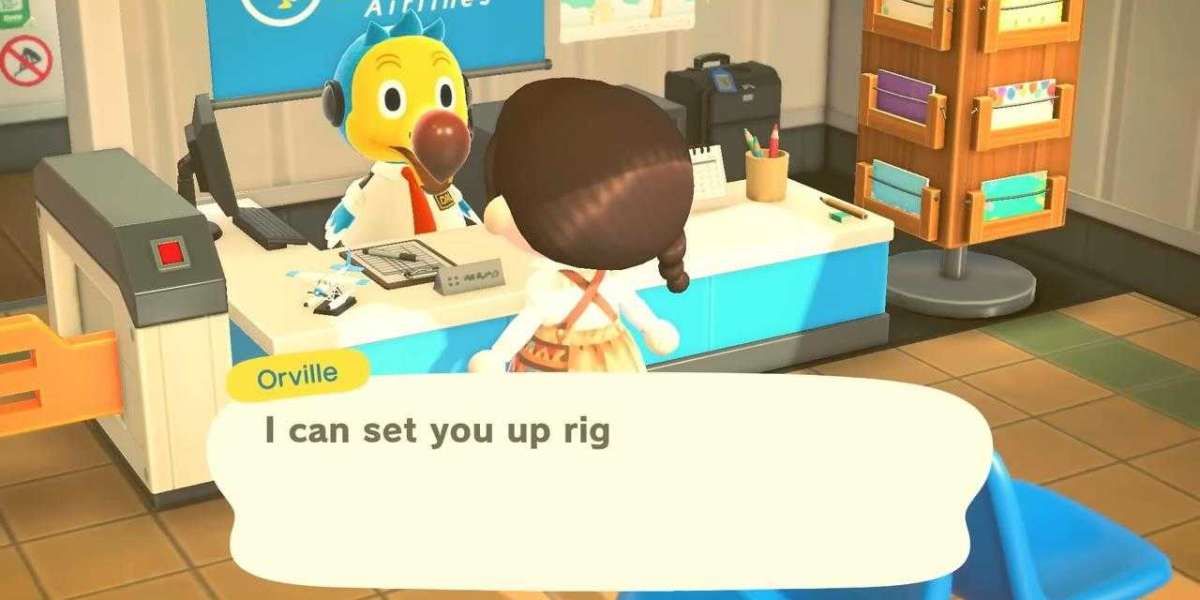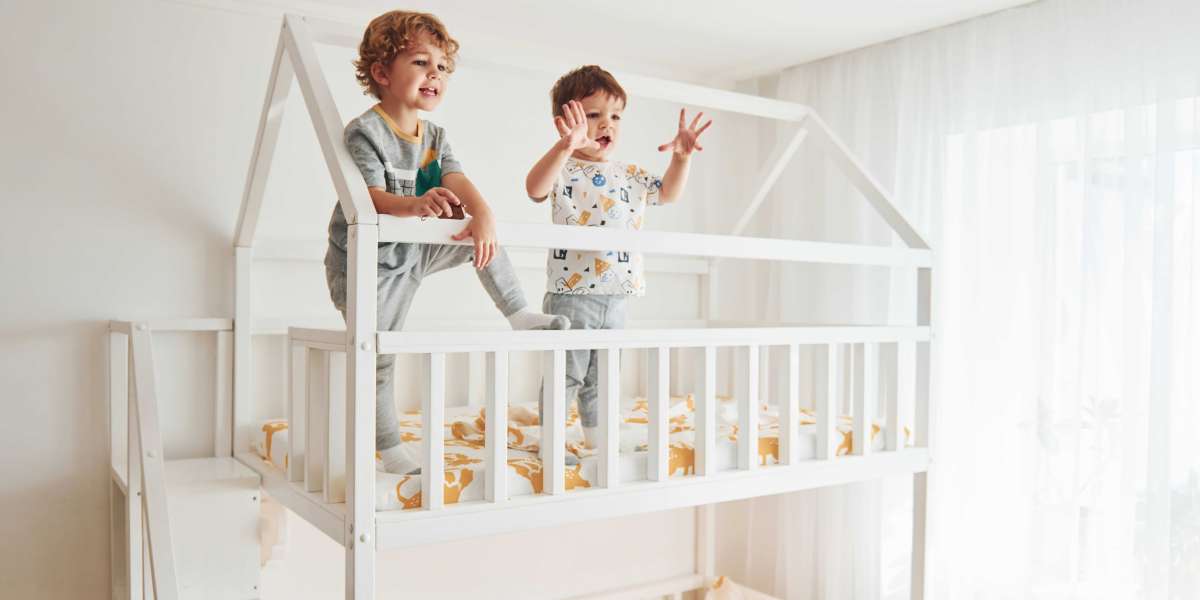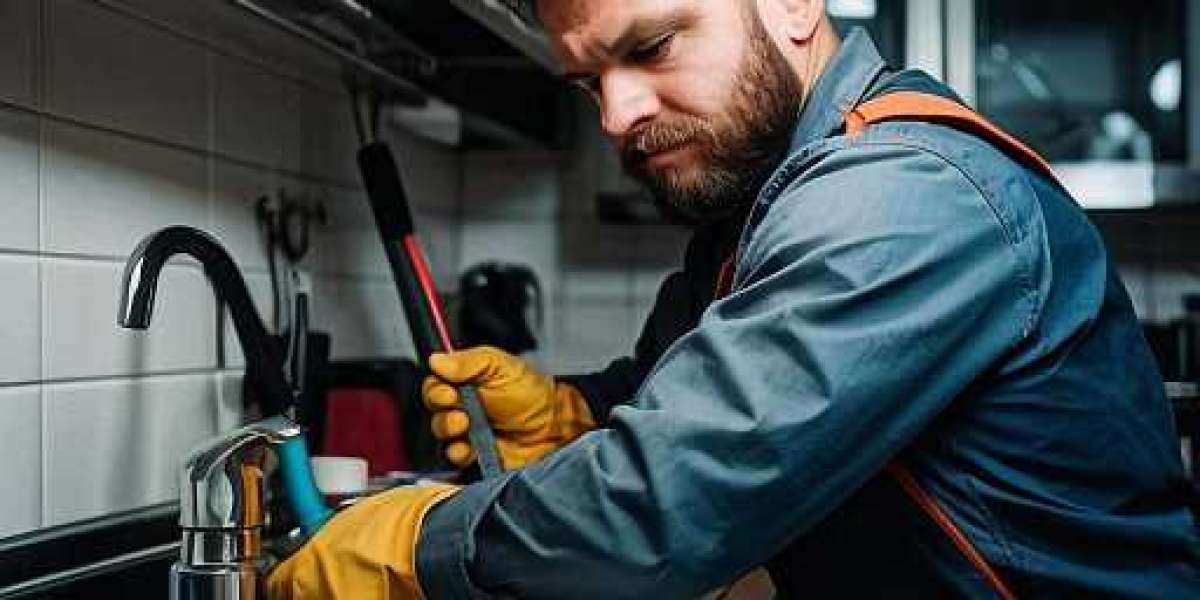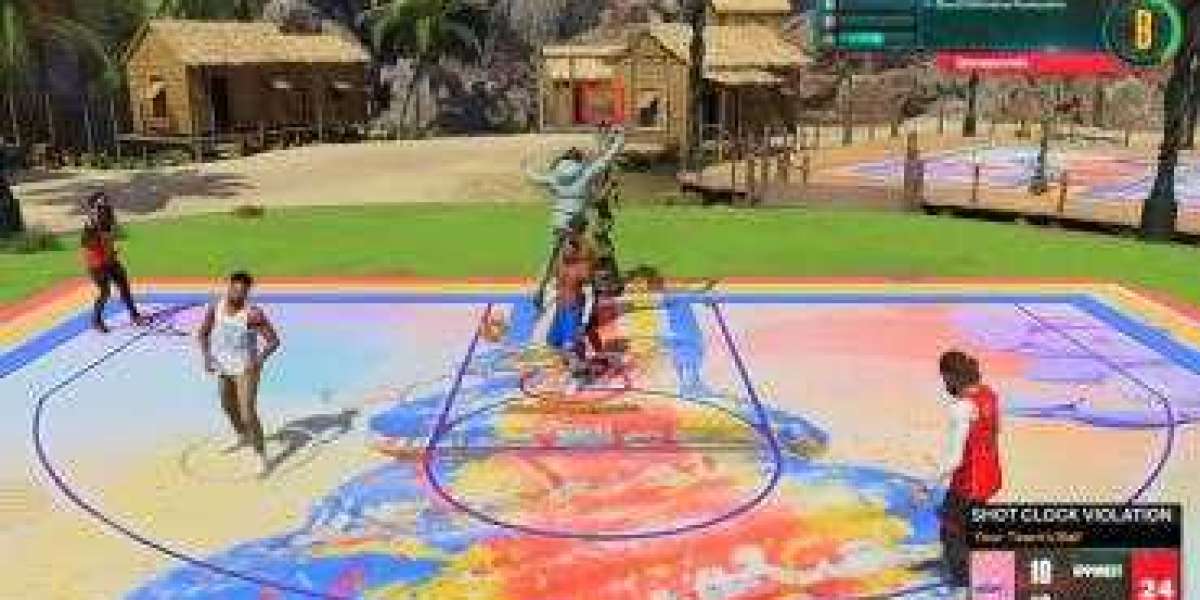The museums in Animal Crossing have historically been the primary location for players to congregate and trade in their various collectibles, but it's high time that they received a comprehensive makeover to better accommodate this role. Even though most games in the series do not introduce all that many new features in comparison to the ones that came before them, the Animal Crossing franchise has grown quite a bit over the course of its existence. This is true despite the fact that most games in the series do not introduce all that many new characters. Since the first game in the Animal Crossing series was released in 2001, every single one of those games has centred on a quaint village that is inhabited by adorable animal citizens. The primary objective of the gameplay loop in Animal Crossing is for players to expand the size of their town and personalize it by purchasing new furniture and decorations with the money they earn from selling items they have scavenged. In order to accomplish this, players must use the money they earn from selling scavenged items. This progression system in Animal Crossing relies heavily on the museum, which is an important part of the game.
The museum serves as a repository for all of the various collectibles that can be unearthed throughout the Animal Crossing video game series.
It was introduced for the first time in the Animal Crossing: Wild World version for the Nintendo DS
Once the players have been granted access to the museum, they will be able to store any fossils, fish, and bugs that they have captured there
In addition, they will be able to store any fish that they have caught
Following that, the player is at liberty to explore the museum at their own pace and take a closer look at all of their trophies
The museum is an essential part of the gameplay loop in Animal Crossing, and while it does an admirable job of fulfilling its intended purpose even now, the designers of the next Animal Crossing game might want to think about adding some new features to it before they release it
It's possible that the Animal Crossing Museum could use some minor adjustments here and there. It is impossible to overstate the importance of the museum in Animal Crossing or the museum's singularity in terms of its layout. The players of countless video games will spend tens of hours searching the environment for various collectibles that have been strewn about. This can take up to a few days. Once the item has been obtained in the vast majority of these games, it is promptly ignored and instead tucked away inconspicuously within the menu system of the game. Animal Crossing, on the other hand, opts to recognize its most devoted players by showcasing these collectibles in-game, within the confines of a museum that is designed to look like it belongs in the small town that serves as the setting for Animal Crossing. This museum is designed to look like it belongs in a small town that serves as the setting for Animal Crossing. Animal Crossing is one of the few games in which players are actually allowed to walk up to and admire something that they have spent time catching or finding, and the number of other games that fall into this select group is extremely limited. The other games in this group are extremely uncommon.
The fact that each museum in the series features its own one-of-a-kind rewarding layout that works wonderfully with Animal Crossing's warm tones makes the experience that much more enjoyable. Brewster's cafe does an excellent job of dividing everything into manageable chunks, and each type of collectible, from fossils to fish to bugs, is arranged in an orderly fashion within its own specialized section. In spite of the fact that this component has always done an admirable job of handling collectibles, Animal Crossing's museum has not really changed all that much in the roughly 18 years since it was first introduced. This is despite the fact that this component has always done an admirable job of handling collectibles. The upcoming version of Animal Crossing should, at long last, be able to give the museum the much-needed makeover that it so justly merits. The general layout of the museum in Animal Crossing does not really need to be altered all that significantly; however, it does require more options, both in terms of customization and additional collectibles. In spite of the fact that fish, bugs, fossils, and art already provide more than enough collectible content for many players, the next Animal Crossing should provide even more of it.
Ancient artifacts and inventions, for instance, would make for an intriguing new category of collectibles that one should keep an eye out for. Rare antiques, such as Grecian urns, Egyptian sarcophagi, and Terracotta Army statues, might be up for sale in a new area that has been designed to resemble an auction house. Players will be able to make their purchases in this new location. The following iteration of the Animal Crossings Museum ought to allocate a sizeable portion of floor space to player customization as well. Animal Crossing: New Horizons received one of its final updates, which included a new feature that caused posters to start appearing around the museum if players collected a certain amount of collectibles. This feature was added during one of the game's final updates. Players who had already finished the game's primary storyline were the only ones who could access this feature. The fact that this is such a cool feature doesn't change the fact that this is only the beginning. In the next version of Animal Crossing, players should be able to personalize a significant portion of their museum, including the paint on the walls, the floor tiles, the size of the tanks, and even the overall room configurations.
This will allow them to better showcase their collection of exotic animals and plants. It is essential for players to get the impression that their Animal Crossing museum is completely different from anyone else's museum in the game.









